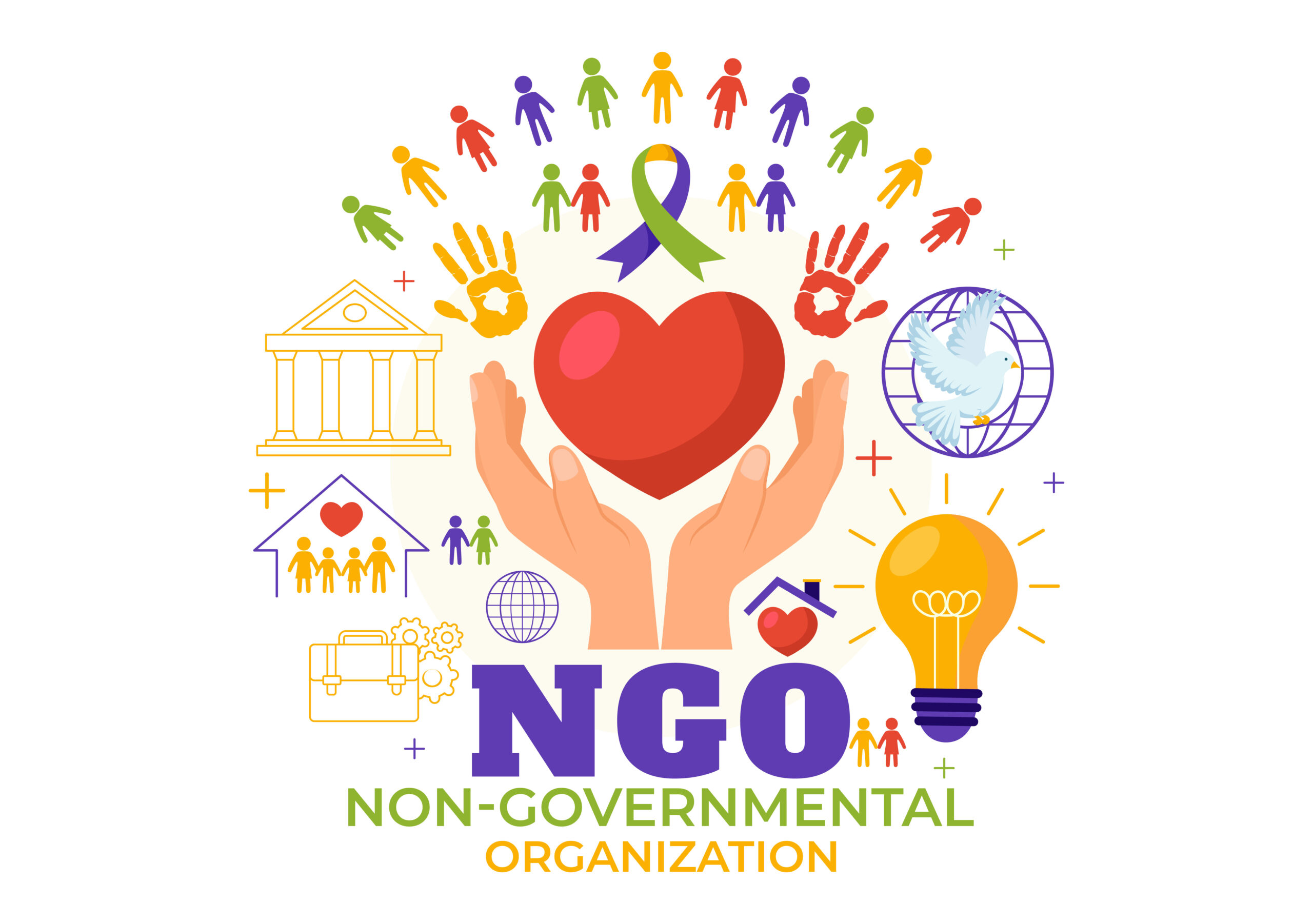
NGOs play a vital role in the march towards achieving Sustainable Development Goals (SDGs) 2030. The seventeen SDGs and the development agenda being an interwoven process, all concerned stakeholders must work together in synergy and target grassroots and ground zero initiatives, without the agenda remaining a formal exercise on paper. Translating development resources and building a sustainable future need a wider partner network of NGOs, community-based grassroots groups, and unincorporated and incorporated private sector.
Effective communication is critical for NGOs’ access to resources and tools that enable them to contribute much more effectively to the SDGs.
Identifying the NGOs aligning with SDGs and catalysing their efforts by bridging the knowledge and action gap is strategic towards ensuring an accelerated track for SDG achievement.
Constructive dialogue between stakeholders is at the heart of sustainable development, wherein civil society can analyse and supplement government reports. NGOs can be instrumental in disseminating information to the citizens about the progress towards achieving SDGs, making the policy processes more
transparent. Raising public awareness through such processes empowers and encourages the citizens to make larger individual and collective contributions towards the SDGs.
Initiatives such as sustainable agriculture, renewable energy, and environmental conservation projects are successful examples of partnerships between NGOs, community-based grassroots groups, and private sector organisations. By working together, we can achieve the SDGs by 2030 and build a sustainable future for future generations.
